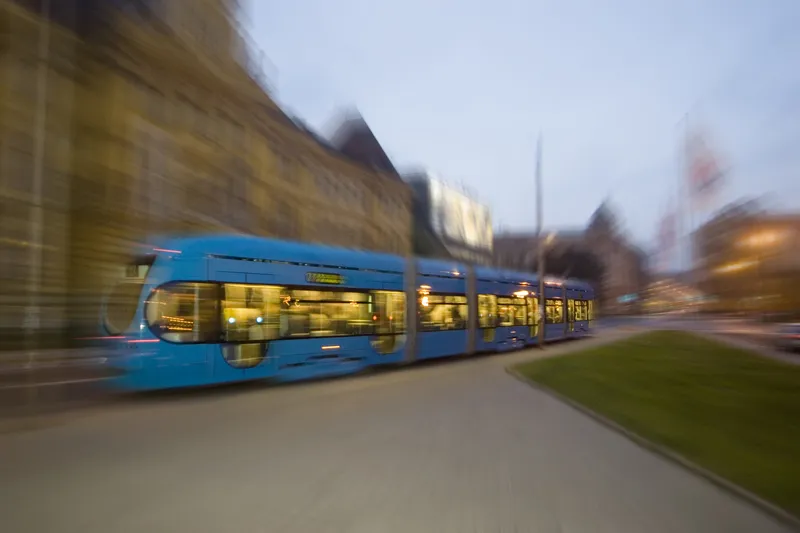
For the second year in a row, London has topped the Inrix Global Traffic Scorecard as the most congested city in the world.
No cause for celebration, it means the average London driver lost 156 hours of his or her life sitting in traffic in 2022.
But London only just pipped the US city of Chicago - a very, very close second with drivers drumming their fingers on the steering wheel and honking their horns in frustration for 155 hours.
In third place is - quelle horreur! - Paris, the City of Light, whose radical reimagining of its streets to favour pedestrians, cyclists and micromobility has not made it immune from the frustrations of l'embouteillage.
Parisien drivers lost 138 hours - and probably some of their sanity at times - in queues.
Inrix says that traffic delays exceeded pre-Covid levels in 39% of urban areas in the US (116 out of 295), and 42% in Europe (249 out of 593).
In the UK, traffic delays increased 72% in urban areas (79 out of 110), while in Germany, 51% of urban areas saw more delay than in 2019 (37 out of 72).
The typical US driver lost 51 hours due to congestion in 2022, a 15-hour increase over 2021. In the UK, a driver lost 80 hours (up seven hours) while in Germany there was no change, at 40 hours.
In financial terms, this equates to losses for drivers of $81 billion in 2022 in the US, with UK drivers out of pocket to the tune of nearly £9.5 billion and German drivers losing €3.9 billion.
Telecommuting has appeared to ease with the onset of hybrid work, yet still exceeds pre-Covid levels.
In the UK, hybrid work increased from 13% to 24%, while working solely from home dropped from 22% to 14%.
Trips to downtowns and city centres generally increased over 2021, although they decreased in London.








